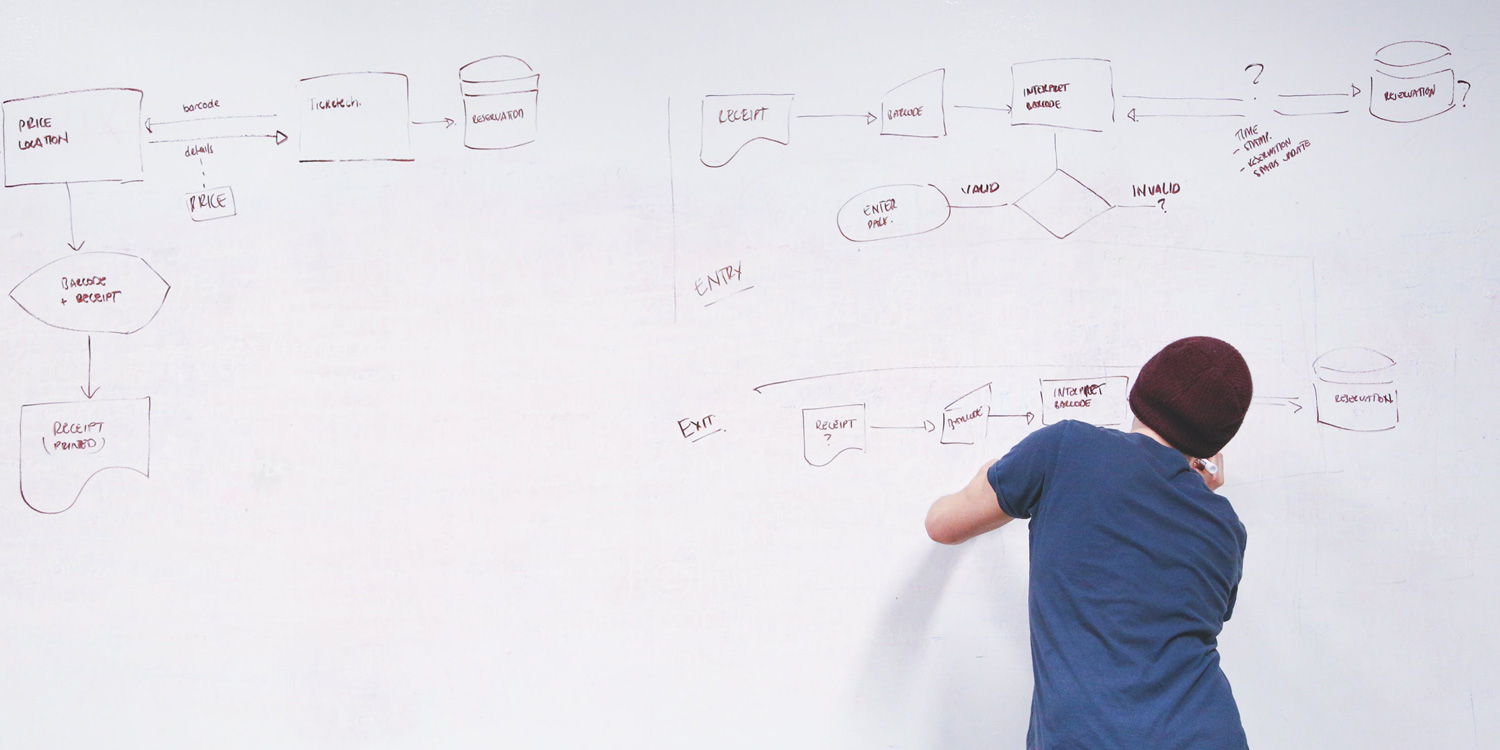5P Method (Part 3) – Processes
We are all used to work in processes. Organizations learned to organize their work following certain quality regimes like ISO 9001ff, ICH Qx, HACCP, ISO 14000ff, ISO 50000ff just to name a few. Different quality regimes have a different understanding about what we can expect from our colleagues in terms of training and skills. On top we get intercultural effects. To make it even more complex, automated workflows tend to keep us busy, too to make our life easier. Such work has more consequences for our daily work than we may be willing to believe:
I have seen organizations that lost control over their workflows, and you may know such examples too: The nicest answer I ever got was “I´m so sorry, I am only working here.” And we failed another time to fix a workflow that was supposed to work.
I have worked in organizations where quite clever people who have been able to make big decisions for their own life: To marry, to get children, to buy a car and to build a house made no decision. The same people entered the company and gave up the ability to decide: I have seen middle management not deciding and leaving the decisions to others, later blaming others for the results (whether they are the best people we tried to cover a week ago). In return I met people as well delegating back decisions they could take. Risk avoidance at its best, and a fundamental misunderstanding on what the organization meant with quality and why people get compensated.
I worked in organizations where great people even jeopardized their own bonusses ruining certain KPIs but keeping production up and running. Entrepreneurial behavior is hardly built in processes and reward systems or need to be thought through in detail.
If we believe we have the right people, they need the best processes to work in: To unchain the organization and to let the people work with the freedom to operate needed and well balanced.
Such work will not be easy to do and may need other stakeholders at the table than you might expect. Feel free to reach out for a dialogue.









